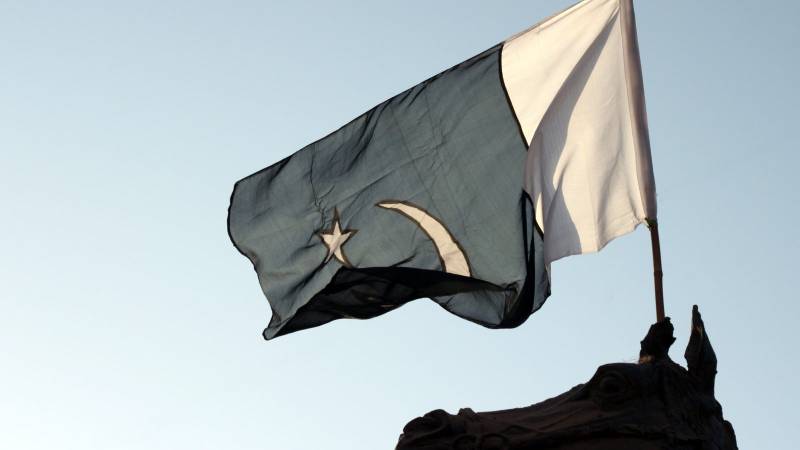
December is one of my favourite times of the year in Pakistan – maybe because of the "improved" in my city (Karachi) or the start of the festive season – I don’t know. But ask anyone and they will tell you that December in Pakistan is quite the experience – that most people look forward to.
Allow me to, please, explain. Come December and our patriotic sense is stimulated with the Quaid’s birthday on the 25th of the month – which coincides with Christmas, setting in the holiday spirit and bringing along a pleasant change in people’s outlook. Add Decemberistan to this equation and the experience amps up – quite literally and actually. But it cannot be just either of these – because events and festivals occur throughout the year. No?
The thing is, Pakistan (as a nation) tends to be complicated, and "stuff" isn’t always that great – where the country continually faces major domestic policy challenges. They include an unstable majority situation in parliament and government, political unrest, and terrorist attacks. To date, Pakistan is also confronted with a protracted economic and financial crisis, high levels of government debt and inflation rate, a food and energy crisis, the impacts of climate change, and widespread poverty. As if this was not enough, deficits in human rights are also a significant concern in Pakistan – where despite having ratified main international human rights conventions, implementation is often inadequate. Issues including absent freedom of internet/expression/religion / press, terrorism, political/religious extremism, and separatist movements are a large part of our society. Basically, a multi-faceted precarious situation on hand.
To combat this negativity, I sat down to count the strengths we have as a nation and its people. Some of what I came up with included intelligence, our spirit of giving, courage and resilience, solid levels of faith, spirituality, and ingenuity and our love for jugaad (loosely translated as "a hack", in English). While this was something I did a few years ago, I do believe that all of these (and so much more) are our innate strengths and can be potential harbingers of a great future – if we try.
So, a friend living abroad recently threw me a question – that reminded me of this exercise I had engaged in. Her question:
What do you think being Pakistani means?
The question was completely out of the syllabus – maybe because it was oh so random, or alternatively because I didn’t have an immediate answer. A myriad of images of some of Pakistan's famous landmarks flew around in my head; from Moola Chatook in Balochistan, Karachi’s Empress Market, Anarkali bazaar's textures in Lahore, Margalla Hills in Islamabad and Shah Rukn-e-Alam's mausoleum in Multan. But my friend’s question went deeper than just physical images and I suddenly found myself trying to explore what the concept of being Pakistani "truly" entails.
Dumbstruck, I continued asking myself the same thing over the next few days – on my way to and from work, while watching TV, and even during workouts. I'm sure you get the rift. And I think I might have a few answers.
So, what is Pakistan to me?
To me, Pakistan is aimlessly roaming around Dehli Gate in Lahore, and wondering if your next stop should be Anarkali Bazaar or the more happening Liberty market? Maybe take a chinchi auto or a more sophisticated InDrive, Yango, or Careem? But none of those would compare to that rickshaw driver who refused to take money from me when he found out that I was a visitor to his city. Pakistan is standing on the side of I.I. Chundrigar Road in Karachi eating makai and wondering how to cross that otherwise beast of a road. Pakistan is also that friendly banter of the infamous hijra’s (eunuchs) of 3 Talwar, who – in pursuit of some kind of alms, pray I am blessed with a baby boy; for reference, I am not married – which makes their prayer so much more endearing. And Pakistan is that chai at the backside of Lahore's food street and roadside roasted shakarkandi in Karachi.
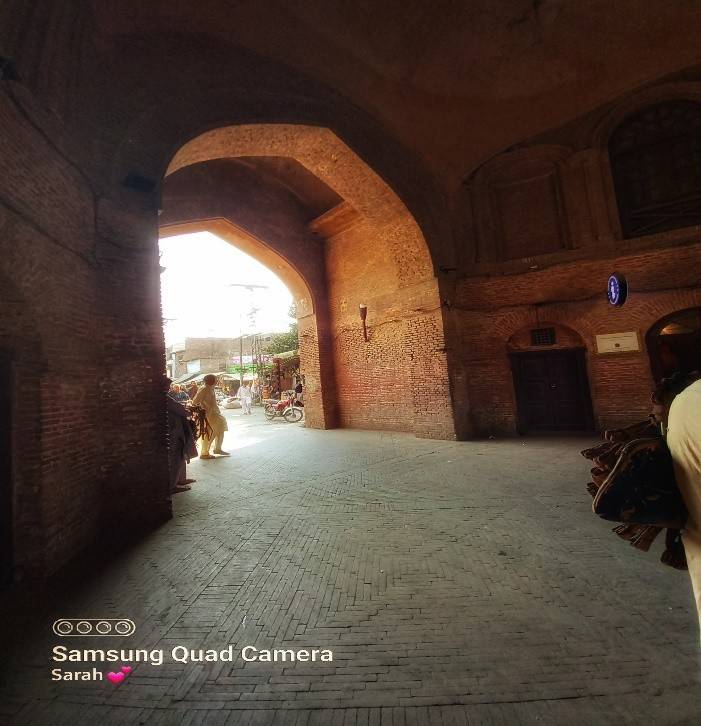
All of this was and will always and entirely be me – but somehow still did not align with what my friend was pointing to: being Pakistani from a purely logical standpoint.
Talk about a complete shift in perspective. Because in my mind, being Pakistani covers the softer, intangible sentiment that is attached to what I just mentioned. But if we look at it from an entirely logical perspective, then being Pakistani (again, in my mind) is most probably a three-dimensional thing: ideological, cultural, and emotional. The third facet is what I was looking at – but taking in different views, I realised that there is so much more to truly being Pakistani.
From Karachi's bustling streets in Southern Pakistan to catching up with our Zinda Dilan-e-Lahore brethren in Punjab, to the serene valleys of Swat in Northern Pakistan, the country's cultural essence is deeply and very heavily rooted in its history, geography, and people
Ideologically, ‘Pakistanis’ hail from a nation, that was borne of sacrifice and to the tune of the emancipation of a way of life. Yes, Pakistan is the only country to have been created in the name of religion; but it was to be a haven for the Muslim population in the larger Indian Subcontinent, that they could call their own. The country was the result of much suffering and a culmination of hope of building a nation based on unity, faith, and discipline and on tolerance and acceptance of religious, regional, and ethnic differences. All of this would be far (if not completely) removed from the persecution that led to the revolution itself – because the creation of Pakistan was premised on the sum of its people being bigger than the individuals themselves. The Pakistani flag itself symbolises what the country was supposed to be: a progressive nation based on the ideals of Islam and committed to the importance of everyone within, minorities and the majority included.
From a cultural stance, Pakistan is home to a rich and vibrant culture that reflects centuries of history, diverse traditions, and the profound influence of various civilisations. From Karachi's bustling streets in Southern Pakistan to catching up with our Zinda Dilan-e-Lahore brethren in Punjab, to the serene valleys of Swat in Northern Pakistan, the country's cultural essence is deeply and very heavily rooted in its history, geography, and people. In this sense, then, being Pakistani should mean that the sum of the country's population should supersede individual groups therein – where everyone would have an equal chance to make a prosperous life for themselves and collectively for the country.
Let's compare "this" to some of the world's most successful corporations – with respect to diversity (in terms of gender, age, experience, and background). These companies will always try to ensure workplace diversity – in pursuit of new perspectives, creativity, economies of scale, entrepreneurship, and adaptability: all intended to align with company objectives. Similarly, a shared sense of ‘Pakistaniyat’ can potentially trigger an inter-group exchange of ideas – leading to enhanced understanding, acceptance, and exposure.
In more senses than one, I often feel that being Pakistani is a hundred percent synonymous with being emotional. Call it being passionate or intense or whatever, this is something that Pakistanis generally are: always were and will probably always be. Maybe this is what connects us to our roots, or our way of staying grounded; alternatively, this could be us trying to establish common grounds with our peers – premising entirely on patriotism/nationalism. Over the years, these grounds have been about food determining everything (birthdays, dholkis, mehndis, weddings, grand openings, anniversaries, graduations, and even funerals), our firm belief in "hojaiga yaar" (detect the optimism), our very epic (read: chuss) sense of humour and our biggest fear of “log kia kahainge!". Add for the extremely opinionated nation that Pakistan is – even prime-time TV can very quickly devolve into loud and lengthy discourses on politics, sports, music, faith, world events, and even the legitimacy of the 1969 moon landing. And all of this is done with an unwavering passion.
At the very basic core, though, the sentiment is all about any and everything associated with "being Pakistani": tangible, intangible, or otherwise. This can be truck art, a cold glass of Pakola, listening to Mujhse Pehli Si Muhabbat by Noor Jehan in a rickshaw, tending to sacrificial animals around Eid-ul-Azha, Wazir Khan Masjid (Dehli Gate Lahore), the greenery of Punjab, the rawness of Baluchistan, Makli, Ziarat, Keenjhar Lake, and so much more.
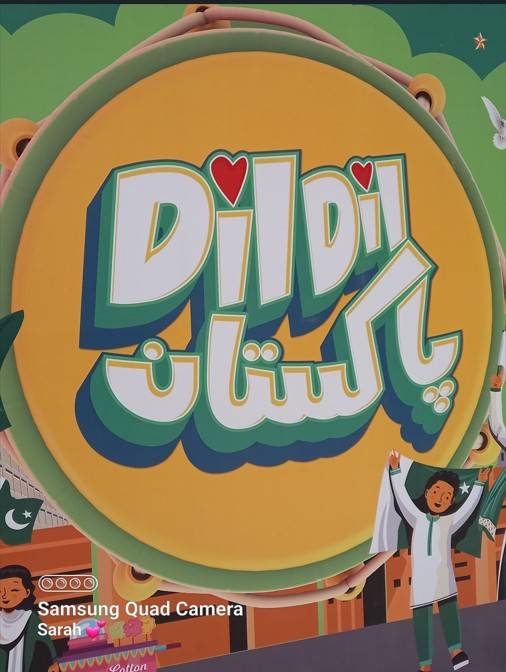
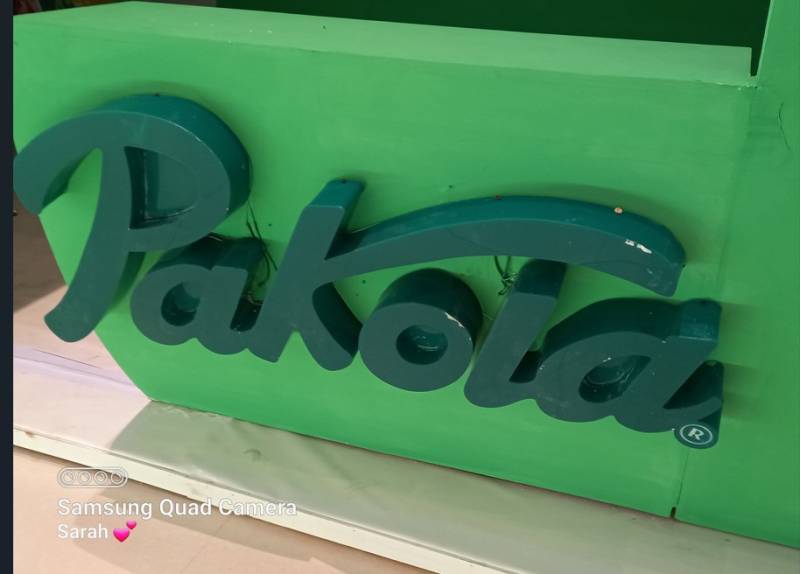
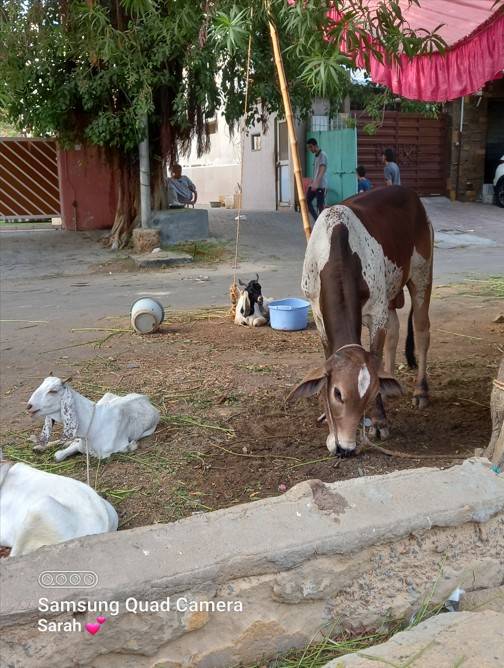
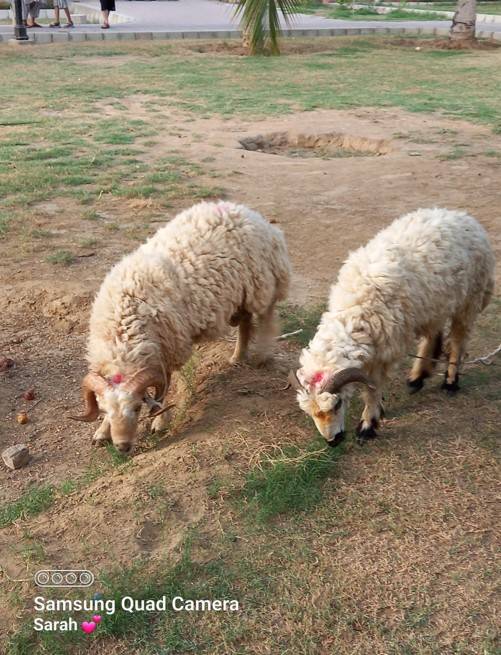
These are but some of the images that come to my mind when I try to define being Pakistani. There are countless others, and for each individual within this country, those moments and feelings will be unique and different.
Perhaps, then, the most important and only thing to remember is that great nations are not born, but made: and made they are, on the strength of their people. This makes me wonder if we should ask ourselves if we can truly be who we were meant to be: a diverse group of people working "together" for their own and their country’s prosperity.
And maybe this is why Quaid-e-Azam said during a Civic Address at Quetta Municipality on June 15, 1948:
“We are now all Pakistanis, not Balochis, Pathans, Sindhis, Bengalis, Punjabis, and so on, and as Pakistanis, we must feel, behave and act, and we should be proud to be known as Pakistanis and nothing else.”

